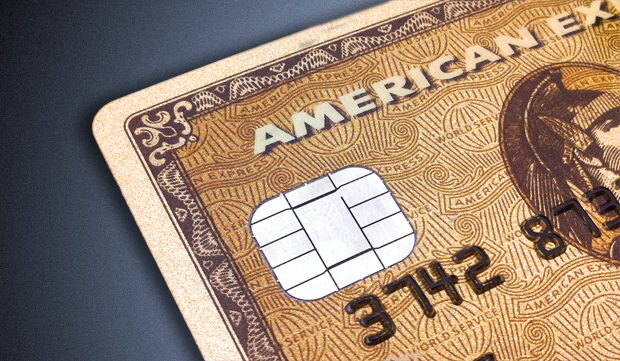This morning I received a circular in the post from American Express.
In it Amex are informing me that, as a customer, my American Express Gold Card will be taken away as from January 2012, to be replaced by something called the Preferred Rewards Gold Card.
The new card has a few new twinkles. Complimentary airport lounge access, more points whenever I use the card to buy something, stuff like that. In return, Amex are jacking-up the cost of the customer ownership by increasing the card’s annual fee by more than 30%.
Yes, 30%.
Businesses such as credit card companies, as well as airlines and telecommunications firms, are having to constantly reinvent themselves in the face of growing competition. At the same time the costs of acquiring – and retaining – customers has risen. The customer has more choice – and both sides know it.
What Amex has chosen to do is to give their customer a sense of maintained or increased product value by adding more bang for a much-increased buck. They’ve created a ‘bundle’ of services that, they believe, result in a product of increased value that more than offsets it’s increased price.
Yeah, right. That may have been the case five years ago, but it certainly isn’t the case today.
Bundles are often used as part of a company’s customer acquisition strategy:
- Sign-up to use your smartphone on my network, and I’ll give you unlimited internet use, 5000 text messages and 200 minutes of calls.
- Join our cable TV plan and get 150 channels, including 50 in HD.
However, as consumers we’ve become wary of the concept of the product or service bundle. We’ve learned, through experience, that the benefit of the bundle is usually heavily skewed in favor of the vendor than us.
- We sign-up for the cellphone plan, only to find out that the network operator has a different idea of “unlimited internet” to the one that we have. Today, capped mobile internet bandwidth has become the norm rather than the exception.
- We elect for the 150 channel cable TV option, yet there’s still nothing to watch on a Sunday afternoon apart from re-runs from 1978. We end up having to pay more for the channels that we want.
As a result, increasingly we’re preferring to make such choices ourselves. We’d rather order à la carte rather than pay for the all-you-can-eat buffet.
There are two drivers that push consumers against bundled services. Yet these same drivers yield benefits that customers are often prepared to pay extra for:
- Best Of The Best: I want to choose what I consider to be the “best” option for my own unique and particular circumstances and needs. I want premium channels, free calls abroad, my iPad and iPhone on the same plan.
- Freedom of Choice: I’m fed-up of buying entire music albums that have two good tracks and ten duds – I want to buy the tracks that I want. I’m happy to pay a modest premium to a cut-price airline that gives me priority boarding. I’m happy to pay a price supplement to have my order delivered next day.
Both of these choices are about value – not price. Too often the words “value” and “price” are used interchangeably while the propositions themselves are misaligned, leaving a bad taste in the mouth of the customer. In the words of The Sage Of Omaha: “Price is what you pay. Value is what you get.”
And that says more about you than cash ever can.

